
School Rules Parent Handbook

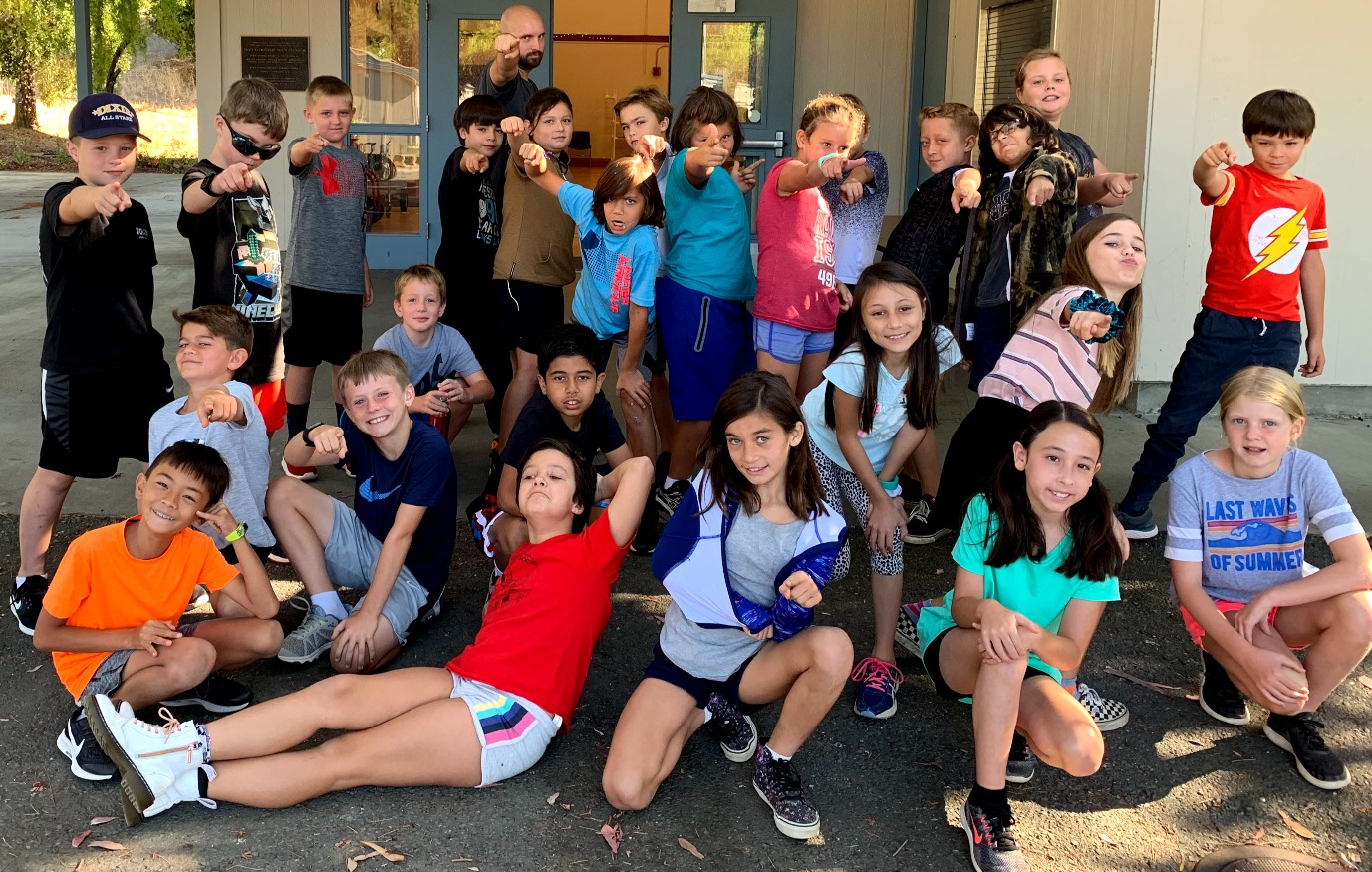
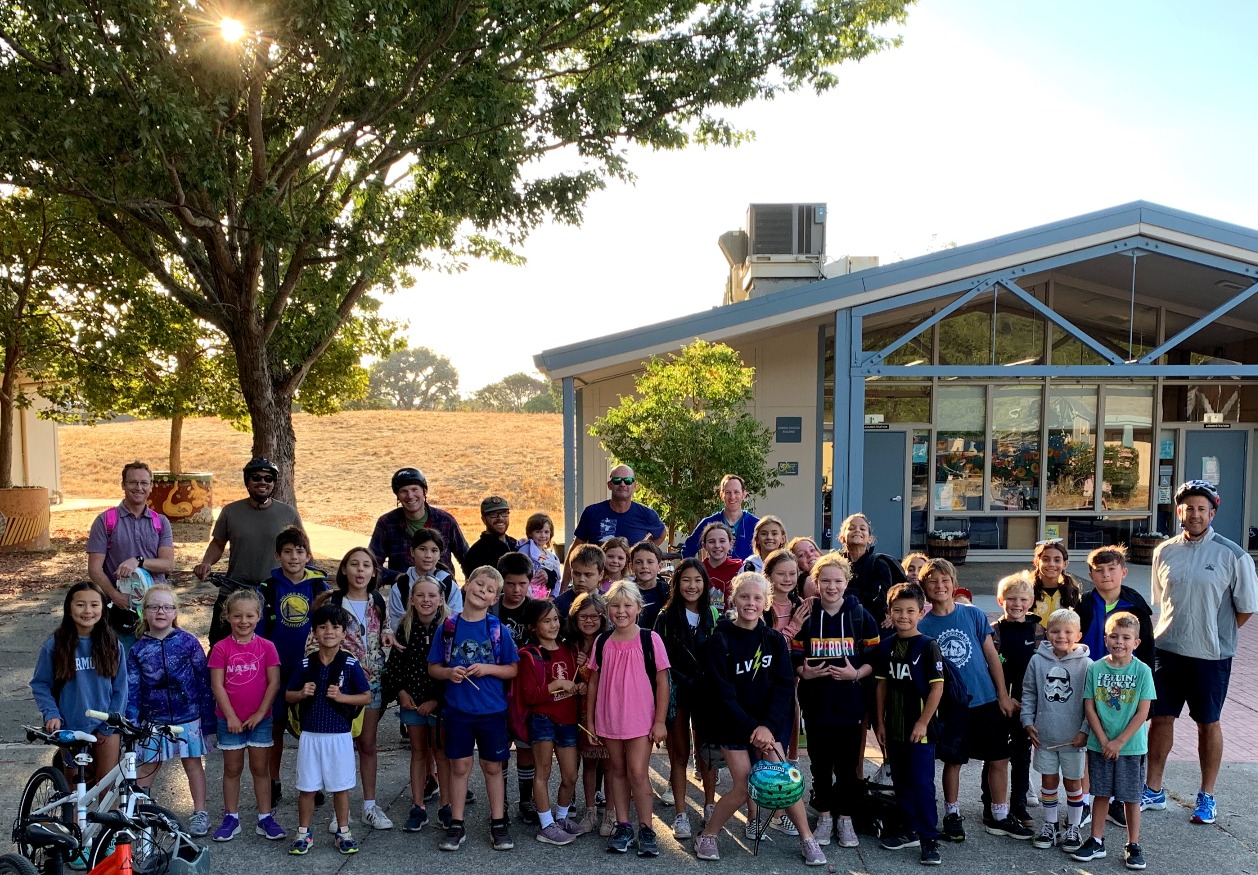
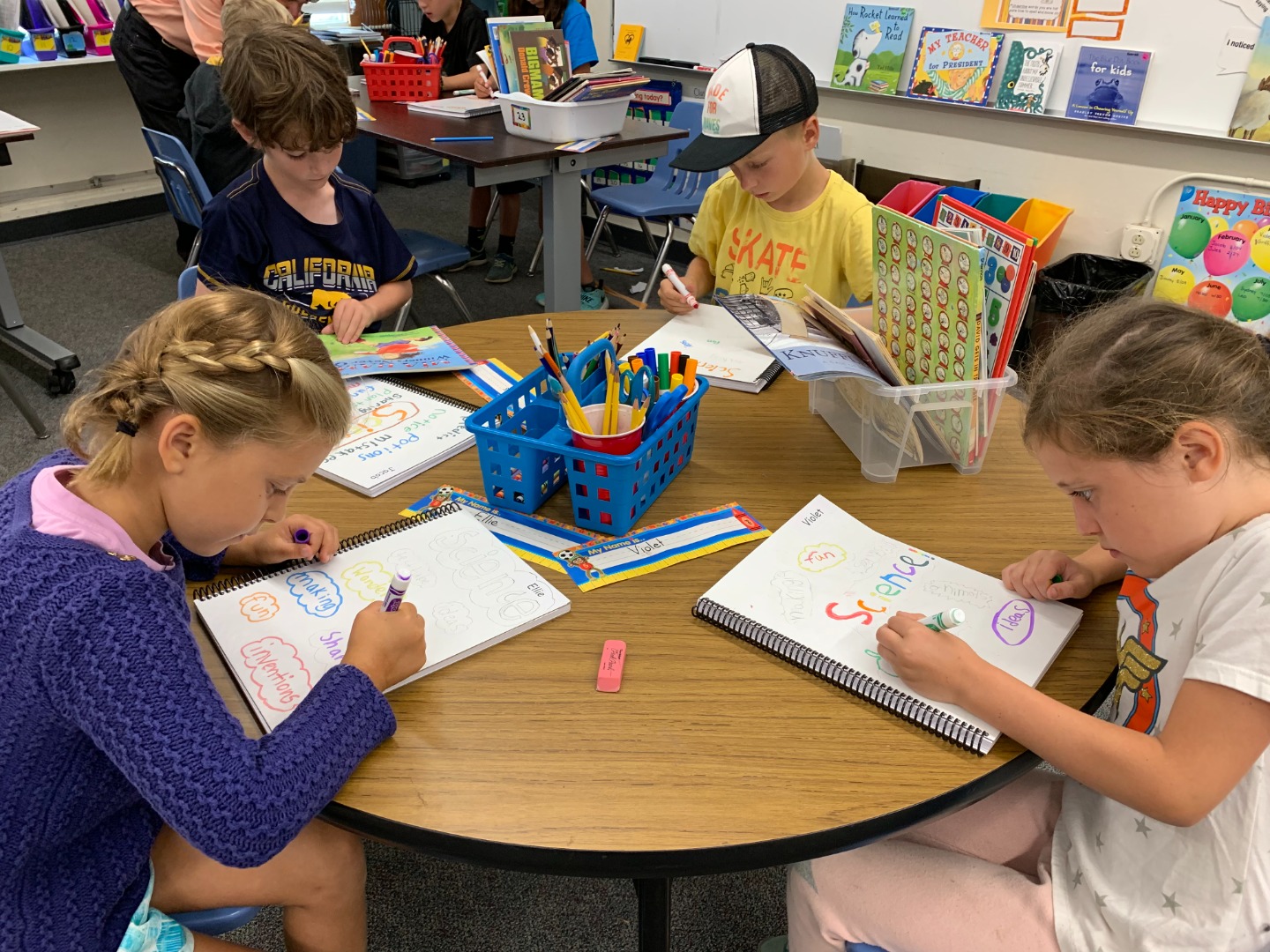
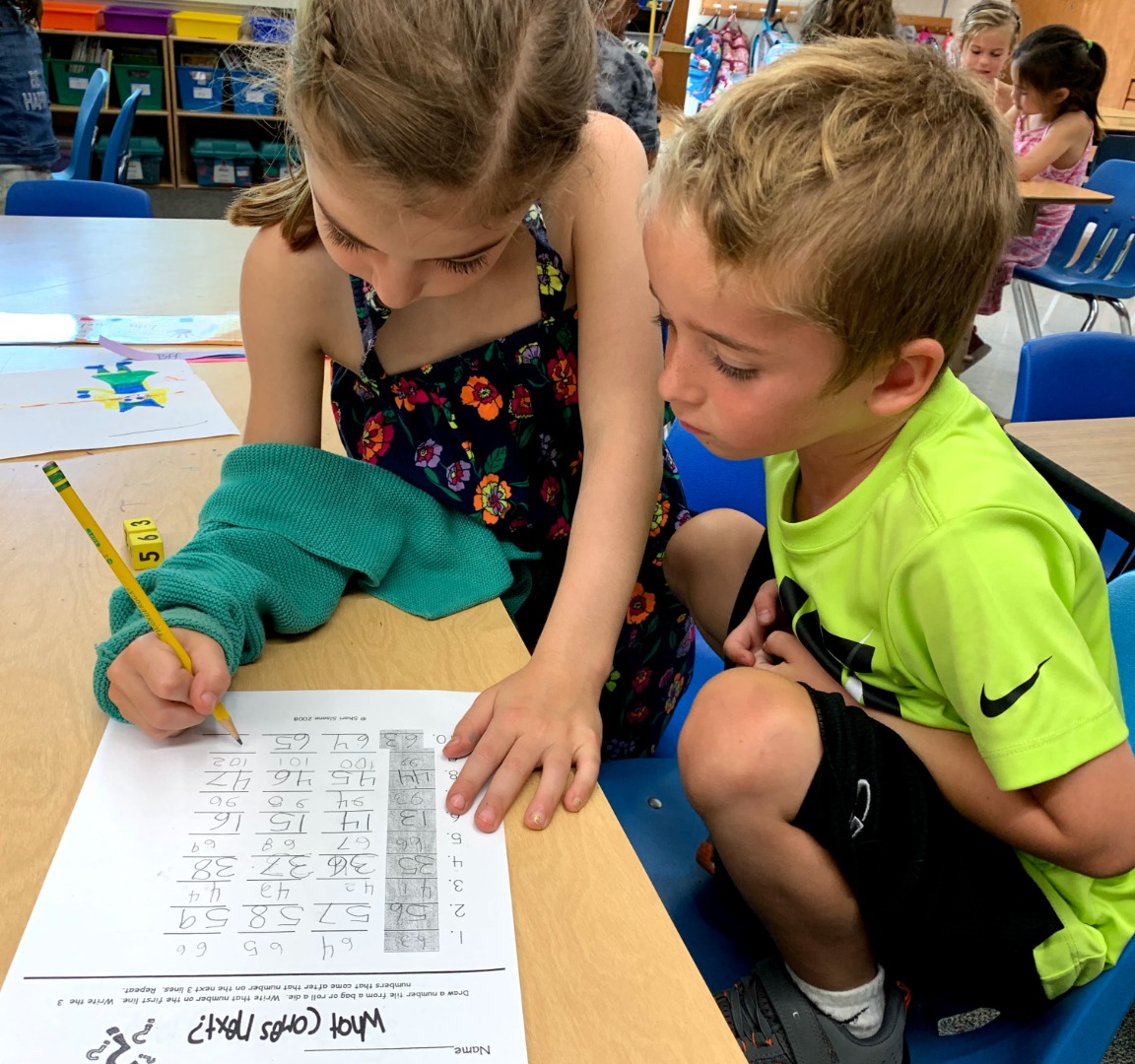
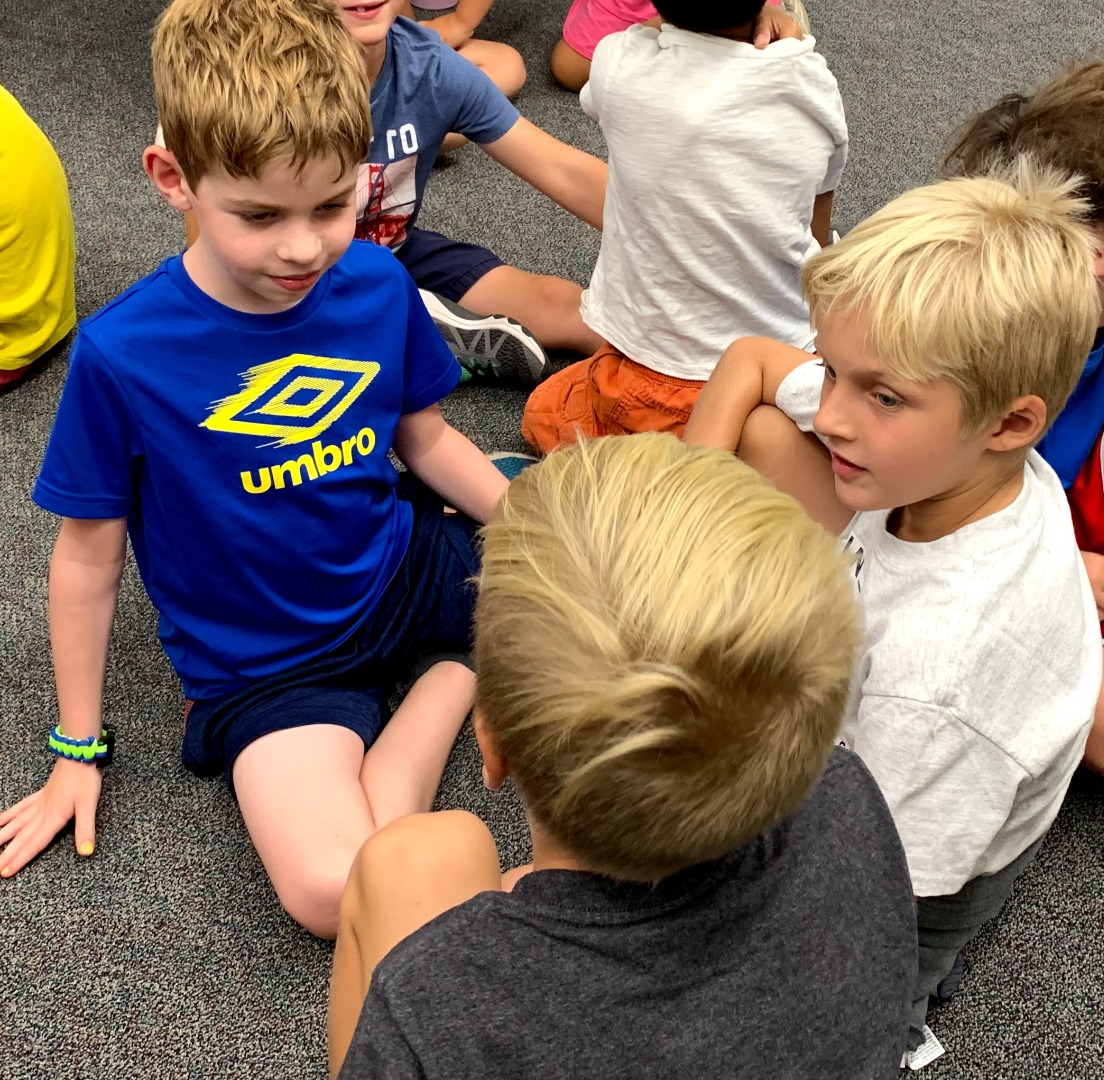
SHARED LION AGREEMENTS
We Are Safe
We Are Respectful
We Are Responsible
We Are Allies
Parent Handbook Link
P.B.I.S. - POSITIVE BEHAVIORAL INTERVENTIONS AND SUPPORTS
PBIS stands for positive behavioral interventions and supports. It’s an evidence-based, three-tiered framework that focuses on encouraging positive student behavior, preventing negative behavior, and creating a more positive school climate.
Because the PBIS framework is designed to address negative student behavior before it happens, educators can be preventative rather than relying on punishment. This makes PBIS highly powerful for supporting students and fostering a positive learning environment.
Lucas Valley Elementary Expectation Matrix
PBIS Website, with lots to browse through?
Short Video describing the foundation of this approach
Below is the general framework captured under the 3 critical tiers of support we provide:
Tier 1: Universal, Primary Prevention (All)
- Collaborating with students, families, and educators to define positive school/program-wide expectations and prioritize appropriate social, emotional, and behavioral skills
- Aligning classroom expectations with school/program-wide expectations
- Explicitly teaching expectations and skills to set all students up for success
- Encouraging and acknowledging expected behavior
- Preventing and responding to unwanted behavior in a respectful, instructional manner
- Fostering school/program-family partnerships
Tier 2: Targeted, Secondary Prevention (Some)
- In addition to your Tier 1 foundation, students receiving Tier 2 support receive an added layer of systems, data, and practices targeting their specific needs. On average, roughly 10-15% of our students will need some type of Tier 2 support which is more focused than at Tier 1 and less intensive than at Tier 3. Tier 2 practices include:
- Providing additional instruction and practice for behavioral, social, emotional, and academic skills
- Increasing adult support and supervision
- Providing additional opportunities for positive reinforcement
- Increasing prompts or reminders
- Increasing access to academic supports
- Increasing school-family communication
Tier 3: Intensive and Individualized, Tertiary Prevention (Few)
- At most schools and programs, there are a small number, roughly 1-5% of students for whom Tier 1 and Tier 2 support have not been sufficient to experience success. Students receive more intensive, individualized support to improve their outcomes. Tier 3 supports are available to any student with intensive need, whether they receive special education services or not. Tier 3 practices include:
- Engaging students, educators, and families in functional behavioral assessments and intervention planning
- Coordinating support through wraparound and person-centered planning
- Implementing individualized, comprehensive, and function-based support
This site provides information using PDF, visit this link to download the Adobe Acrobat Reader DC software.
